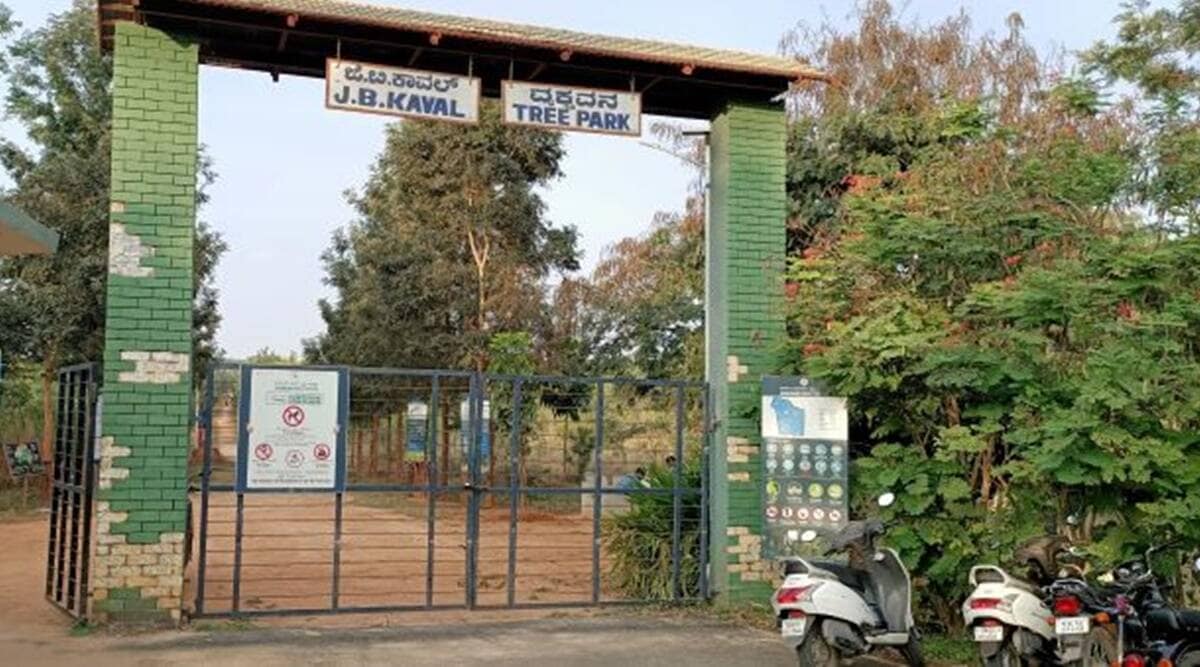One of the proposals of the ministry is to add a clause to make offences non-bailable with increased penalties including imprisonment up to one year.
While the Union Environment Ministry has extended the deadline to submit objections, comments and suggestions on the proposed amendments in the Forest (Conservation) Act, 1980 till November 1, serious environmental concerns have been raised over the amendments with respect to the Western Ghats. The earlier date of sending in suggestions was October 15.
Wildlife activist Joseph Hoover said, “Despite existing statutory regulations, forest landscapes are being plundered. Dilution of the Forest Conservation Act would give project proponents the leeway to destroy what little is left of our forests. The Ministry of Environment Forest and Climate Change (MoEF&CC) is hell bent on amending almost all forest regulations. First, there was an attempt to amend the Indian Forest Act, 1927. As people challenged it, MoEF&CC chose to dilute the EIA (Environmental Impact Assessment) 2006.”
He objected to the proposed amendment only in English which according to him is violative of the Pre-Legislative Consultation policy. “The amendment is inaccessible to much of the public in the country. Forests falling within private property are no longer being considered forests. The amendment strikes down the Supreme Court’s order that the definition of forest in its dictionary meaning. Afforested areas recorded after December 1996 no longer have protection under this law,” he said, expressing concern.
B K Singh, former Principal Chief Conservator of Forest (head of forest force) Karnataka opined that the amendment will open the flood gate of plundering of thickly wooded areas. “Karnataka has already moved to the Supreme Court to reduce the extent of deemed forests from 9.94 lakh hectare to nearly 3 lakh hectare. Now, it is no longer needed. All thickly wooded areas in the Western Ghats are the catchment for major rivers like Cauvery, Tungabhadra and Krishna flowing through peninsular India and are lifelines for the people there, which will be opened for devastation.”
Forest clearance is no longer required by railways and highways ministries for land they acquired before 1980.
“Railways and Road Ministry, holding forest land prior to 1980, will continue utilising it without any reference to the Act. The project proponents will accelerate plundering of tree growth to make way for their projects. Eventually, the amended Act will lead to deforestation,” he added.
One of the proposals of the ministry is to add a clause to make offences non-bailable with increased penalties including imprisonment up to one year.
Environment lawyer Veerendra Patil raised a red flag over the proposal and said, “My suggestion is to make all forest offences cognizable and non-bailable and punishable with imprisonment for a period of three years or with fine only. This subject is to be added as an additional provision to the Forest Conservation Act, 1980 to protect the forest for future generations instead of the proposed amendment as simple imprisonment for a period which may extend to one year.”
Apprising the ministry of the forest offences in Karnataka, he suggested that the compensation to be recovered from the offenders should be at the rate of Rs 5.80 lakh per hectare to Rs 9.2 lakh per hectare of forest land depending upon the quantity and density of the forest converted for non-forest purposes.
Patil added that under the Forest Right Act, 2006 rights over the forest have been issued to the same family measuring more than 30 acre although they have sufficient land. “Hence strict penal provision is required to punish the officers who have violated Section 2 of Forest Conservation Act, 1980. Shivamogga District Circle notified 361229.86 hectare as the total forest area. Till today, total mutated area is 252482.51 hectare. Over 108747.35 hectare of forest area are yet to be mutated. The forest officials have kept quiet over the issue of non-mutation of said forest lands which are being used for non-forest purposes in the state,” he added.
The amendment also proposes removing zoos and safaris from the definition of “non-forestry” activities.
Other Objections:
· Promotion of private plantation as the primary method to increase tree cover to fight climate change.
· Removal of Section 2 from the law which prohibits states from giving reserved forest land on lease to private persons for non-forest use without approval from the Centre. Renewal of leases no longer require compensatory fees for degrading forest land.
· All projects near international borders or deemed strategic no longer need forest clearance.
Source: Read Full Article


